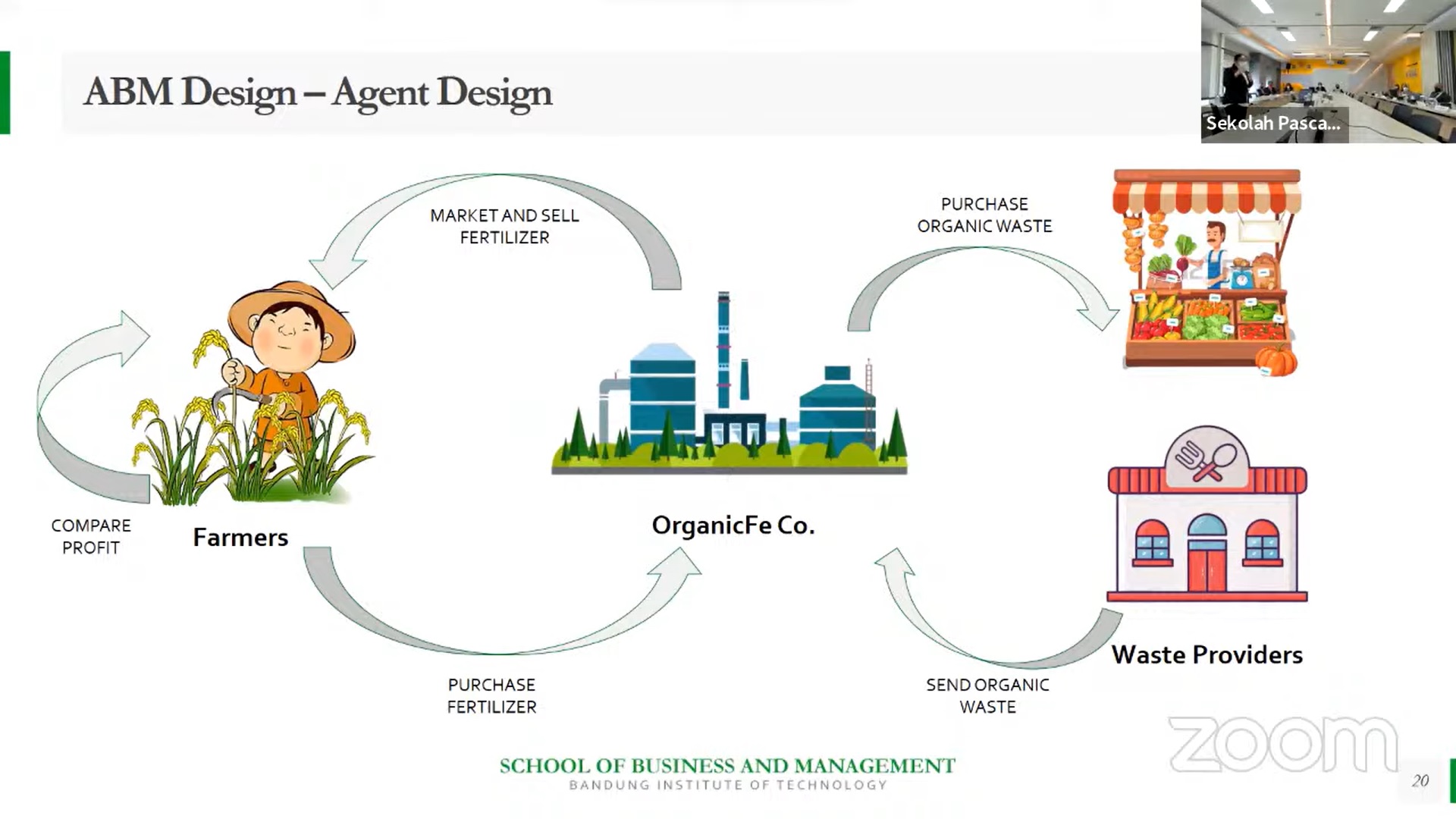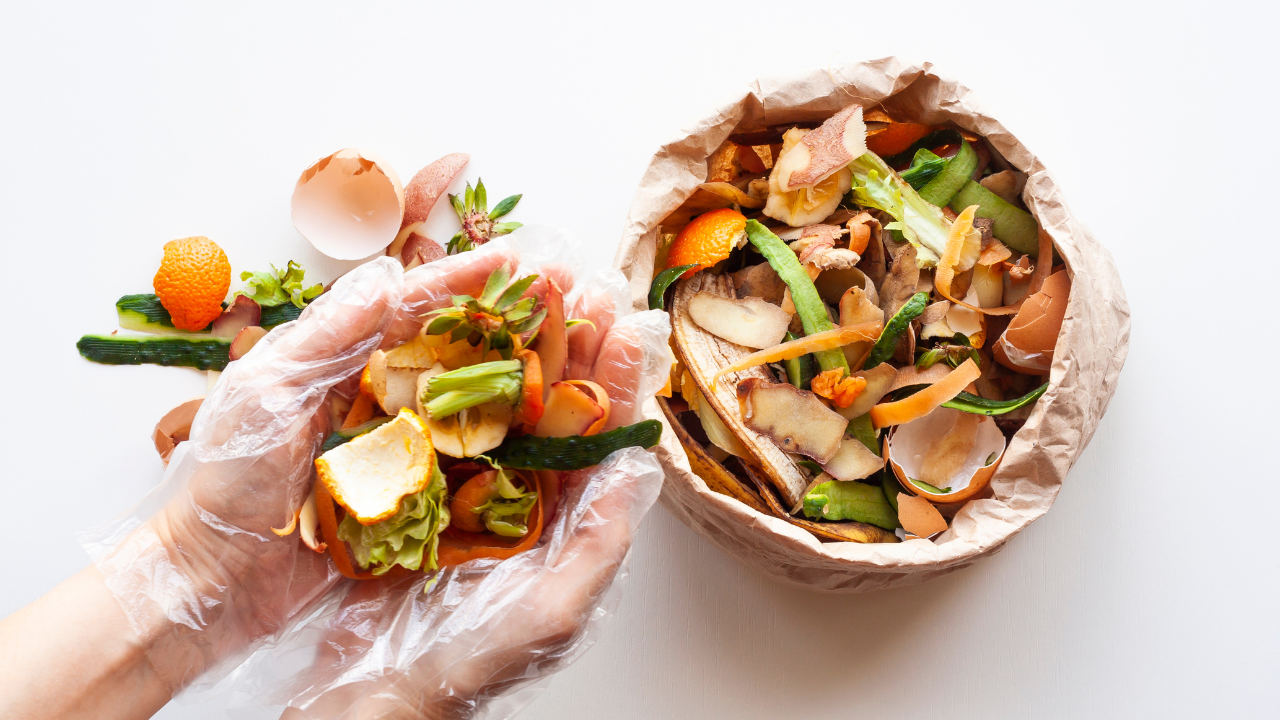One of the major issues in Indonesia is food waste. So far, only a few individuals or businesses have used food waste. According to Ruth Nattassha’s research, things considered waste can be useful and have economic value.
 Food waste can be converted into a product of economic value that can be sold, such as organic fertilizer. Organic fertilizer can also help farmers because it is less expensive. The process of producing organic fertilizer is simple and inexpensive. There is an excellent opportunity to turn this into a business opportunity in Indonesia because food waste keeps increasing, according to Bappenas data, from 2000 to 2019.
Food waste can be converted into a product of economic value that can be sold, such as organic fertilizer. Organic fertilizer can also help farmers because it is less expensive. The process of producing organic fertilizer is simple and inexpensive. There is an excellent opportunity to turn this into a business opportunity in Indonesia because food waste keeps increasing, according to Bappenas data, from 2000 to 2019.
Companies can purchase food waste from waste providers to be used by black soldier flies to create plant fertilizers that farmers can use. Farmers can resell their byproducts, which are typically discarded. For example, cassava plants’ roots, stems, and skin are usually considered waste and have no economic value.
“However, with the processing of food waste into fertilizer, farmers can resell their products that are considered waste and increase farmers’ income,” said Ruth, Tuesday (12/7/2022).
Aside from the ability to sell waste products, organic fertilizers are more profitable for farmers because the price of organic fertilizers is lower than the price of chemical fertilizers. Farmers can sell their products at lower prices if they reduce production costs. It will be directly related to consumer demand, which will rise as new market segments emerge.
According to Ruth’s research, more government support can help to increase the success of turning waste management into valuable products. Companies that help reduce waste, for example, will be rewarded in China. This method can be replicated and implemented in Indonesia because it benefits businesses, farmers, communities, and the environment at the same time.




